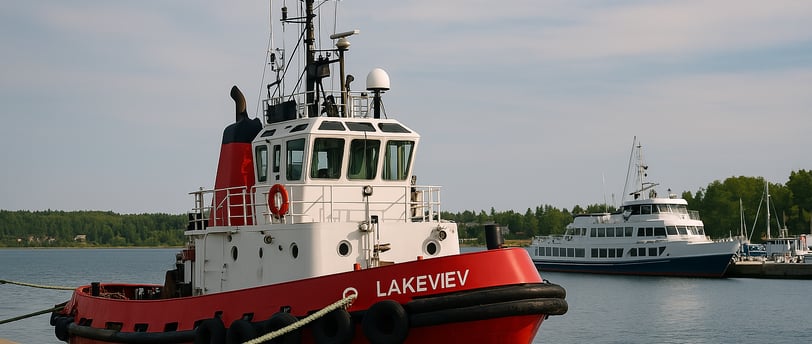Adapting the Future Workforce: Skills and Training Needs
Lakeview Shipping
2/11/20251 min read


The maritime industry stands at a pivotal crossroads as it transitions towards greater automation and the integration of autonomous vessels. This transition will inevitably reshape the roles and responsibilities of seafarers, who must adapt to a new operational paradigm characterized by remote monitoring and advanced decision-making processes. The future workforce in maritime must develop a skill set that aligns with the technological advancements transforming the sector.
As traditional vessels evolve into hybrid models that incorporate automation, the competencies required for maritime professionals will undergo significant changes. Seafarers will need to acquire robust technical skills to operate sophisticated navigational systems, manage communication technologies, and ensure cybersecurity. Understanding data analytics will also become crucial, enabling maritime workers to interpret vast amounts of information generated by autonomous systems effectively. Therefore, educational institutions and training programs must revise their curricula to focus on these emerging competencies, emphasizing a blend of traditional maritime knowledge and modern technological acumen.
Furthermore, soft skills such as problem-solving, adaptability, and critical thinking will gain increased importance. As the workforce shifts towards more remote and automated operations, effective communication and teamwork will be vital in ensuring that human operators and autonomous systems can collaborate seamlessly. Continuous professional development should be encouraged, fostering an environment where lifelong learning becomes the norm among maritime professionals.
Considering these changes, maritime training programs must not only equip future professionals with technical expertise but also emphasize the importance of adaptability in a rapidly evolving sector. By investing in comprehensive training initiatives that address both hard and soft skills, the maritime industry can ensure that its workforce is well-prepared to navigate the complexities of hybrid maritime environments. This proactive approach will be essential for fostering a skilled workforce capable of thriving amid the ongoing technological revolution.
